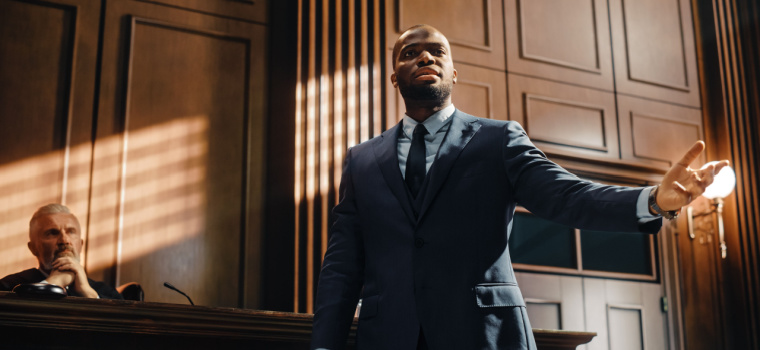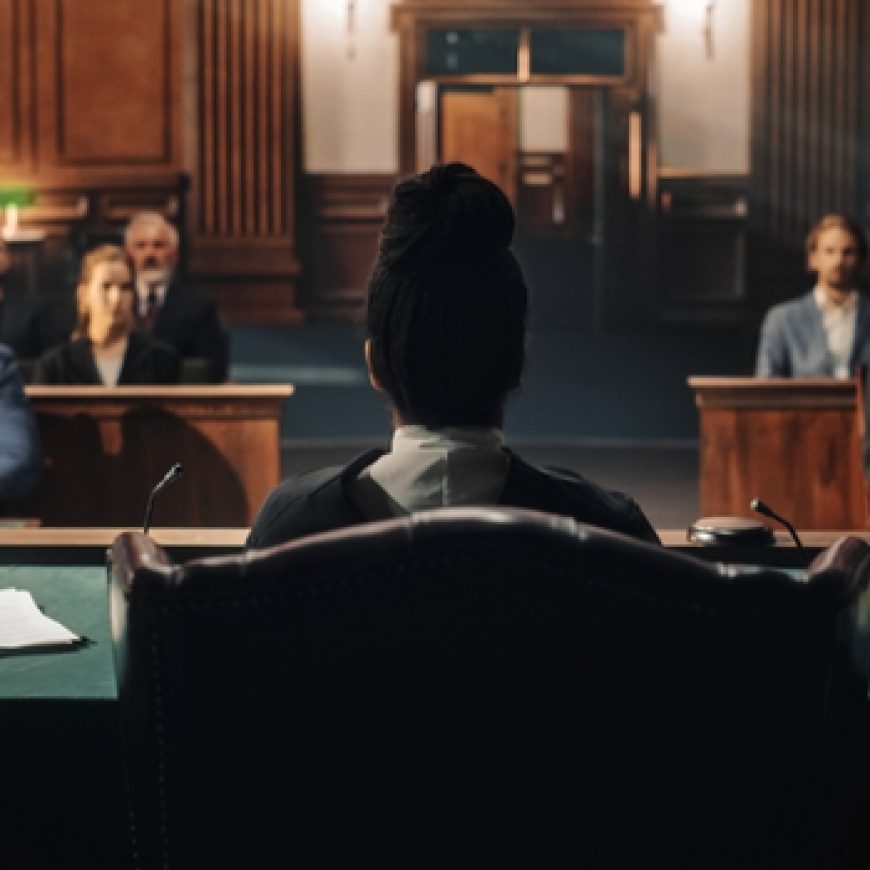What is cross-examination? It’s one of the most challenging parts of a trial for a witness or a criminal defendant and is something that experts say is best to be survived.
Cross-Examination: An Overview
While a witness may want to testify to tell their side of the story, attorneys advise their clients in many cases, especially criminal trials, to avoid doing so. This is because once they testify on their own behalf, they are open to cross-examination by the other side.
Cross-Examination: Definition
Cross-examination is the formal questioning of a witness called by the other party in a trial to challenge the testimony the witness has already given. Cross-examination questions are usually limited to questioning only on matters raised during direct examination. However, an attorney can raise objections when their opposing counsel goes outside of these bounds.
Purpose of Cross-Examination in Court
The cross-examination meaning is to elicit answers or information from witnesses, perhaps more answers than they wanted to give initially. There are additional purposes, like getting witnesses to discredit their own or other witnesses’ testimony by exposing weaknesses or inconsistencies in their testimony.
Effective Cross-Examination Techniques
What is cross-examination in court? Attorneys take different approaches to cross-examining witnesses depending on the circumstances, the witness, and the testimony being examined. Generally, the two basic cross-examination techniques are “constructive” and “destructive.”
Constructive cross-examination involves getting witnesses to say something helpful to the inquiring attorney’s client by either corroborating or contradicting a certain point.
Destructive cross-examination, on the other hand, is designed to harm the credibility of the witness or other witnesses.
Some techniques attorneys use in cross-examination include summarizing the witness’s testimony, making speeches, questioning or undermining the witness’ knowledge or involvement, asking questions that require confirmation, and commenting to the jury.
Rules of Cross-Examination
Evidence rules in federal and state courts permit “leading questions.” While the direct examiner can almost never ask leading questions (and would be objected to if they tried), a cross-examiner nearly only asks leading questions.
Cross-examiners will also often place a single fact before the witness, asking various questions about the same fact in many different ways. Cross-exam of a witness is focused on isolated facts, not complex stories. For this reason, cross-examiners often break their cross-examinations into separate and definable goals.
Tips for a Successful Cross-Examination
Our expert criminal defense attorneys have conducted hundreds, if not thousands, of cross-examinations, and we want to share some of the highlights of those experiences with you in this article. If you are being called to testify in a trial, here are some tips to keep in mind regarding cross-examination:
- Listen carefully to the cross-examination questions and let the attorney ask each entire question before you answer.
- Cooperate, but don’t be lured into giving an answer you wouldn’t naturally give without the pressure.
- When you answer, answer the question being asked, but nothing more.
- Do not guess. If you do not know the answer to the question, ask the attorney to rephrase, or don’t be afraid to say, ‘I don’t know.’
- Stay calm and don’t argue; it can be challenging to defeat a person who argues for a professional living, and this will not win you any points with the jury.
- Be truthful, and tell the whole truth, even if it contains information you think is harmful.
- Prepare for your testimony; think about what you recall, what you know, and what you think will be asked before you face the questions.
Contact The Law Offices of Kretzer & Volderbing P.C. Today
At the Law Offices of Seth Kretzer, our federal defense lawyers are highly skilled and experienced with the steps of criminal trials and can answer your questions and help you with your legal needs.




